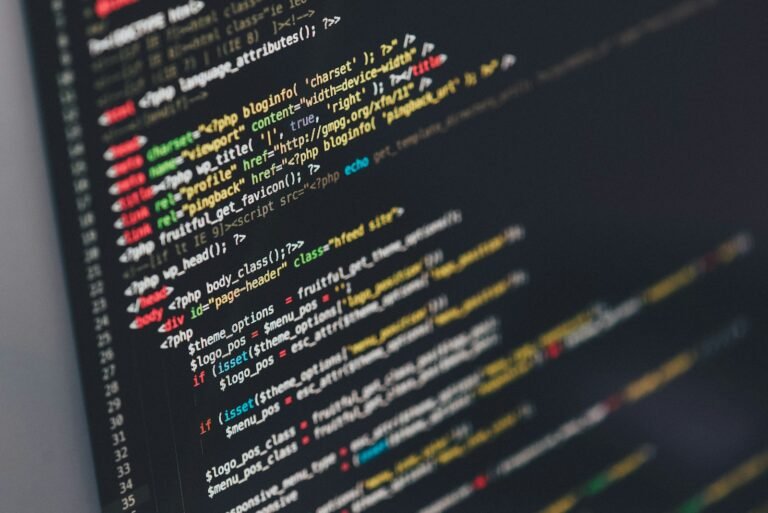Quantum Computing: What It Means for Security Today
Quantum computers don’t work like regular computers. Instead of using bits that are either 0 or 1, they use qubits that can be 0, 1, or both at the same time—thanks to quantum superposition. This lets them explore many possibilities at once, making them far more powerful for certain tasks. From simulating molecular interactions to optimizing global supply chains, quantum computing can solve problems that would take classical machines centuries to crack. The potential is real, and it’s already being tested in labs and research centers around the world.
But that same power comes with a serious risk. Current encryption—what keeps your bank login secure, your messages private, and your data protected—relies on math problems that are hard for classical computers to solve. Quantum computers could crack those problems in minutes instead of centuries. That means data intercepted today could be stored and decrypted later, once quantum tech matures. The danger isn’t just theoretical. It’s already happening in the form of “store now, decrypt later” attacks. If we don’t act, sensitive information could be exposed years down the line.
Key Challenges and Solutions in the Quantum Era
- Breaking current encryption: Quantum computers could crack widely used encryption like RSA and ECC, which protect everything from online shopping to national security systems. These algorithms rely on math problems that are intractable for classical machines—but quantum algorithms like Shor’s can solve them efficiently.
- Quantum-resistant cryptography: New encryption methods are being developed that rely on problems that remain hard even for quantum computers. The National Institute of Standards and Technology (NIST) is leading the global effort to standardize these, with a goal of replacing outdated systems before the threat becomes widespread.
- Quantum sensing for security: Quantum sensors can detect tiny changes in fields, temperature, or gravity—making them powerful tools for spotting hidden devices, weapons, or illicit activities. This could revolutionize border security and intelligence gathering.
- Unhackable quantum communication: Using quantum entanglement, messages can be sent in a way that any interception instantly changes the signal, alerting both ends. This creates a theoretically secure channel—ideal for protecting critical infrastructure and high-stakes communications.
Organizations and governments must start preparing now. The shift isn’t coming in five years. It’s already underway. Without action, today’s encrypted data could become vulnerable tomorrow.







